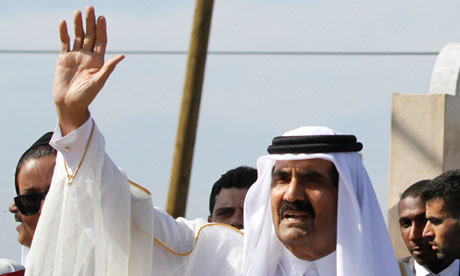By Madeline Schiesser
Impunity Watch Reporter, Europe
NIZHNY NOVGOROD, Russia – A book on Chechen war crimes, co-authored and edited by Russian-Chechen human rights activist Stanislav Dmitrievsky, may be banned by the Russian government as “extremist.”

On November 28, 2012, Dmitrievsky received an official summons to appear before the Dzerzhinsk City Court in the Nizhny Novgorod region of Russia on December 6 for a ban hearing. The summons did not include the prosecutor’s claim; therefore, what portions of the book have been labeled as “extreme” are unknown.
However, the summons did indicate that the petition to ban the book was based on a federal law “on countering extremist activities.” Human Rights Watch (HRW) has characterized the case as “part of the growing misuse of anti-extremism legislation against civil society activists” and suggests that this application of the law is in violation of Russia’s legal obligations to respect and protect freedom of expression under article 10 of the European Convention on Human Rights and article 19 of the International Covenant on Civil and Political Rights.
Dmitrievsky’s book is a 1,200-page monograph entitled International Tribunal for Chechnya. Prospects of Bringing to Justice Individuals Suspected of War Crimes and Crimes Against Humanity During the Armed Conflict in the Chechen Republic. 700 print copies were originally published in July 2009 and it was made the independent news website Novaya Gazeta.
HRW describes the book as “a detailed analysis of the violations by all parties during the conflict in Chechnya from the standpoint of international criminal law.” The main argument is described as “emphasiz[ing] the chain of command and responsibility of top Russian leadership.”
Attempts to ban the book in 2009 failed for lack of sufficient grounds to open a criminal inquiry. However, if the court decides to ban the book this time, copies will be removed from stores and liberties, and digital versions will be deleted from websites.
The human rights activist has had difficulty with Russian authorities in the past. He has been convicted of fomenting national hatred for publishing articles by Chechen separatist leaders in 2006 and sentenced to nine days of administrative arrest for disobeying police orders during a protest rally in March 2012. He has also been targeted due to his work. A brick was thrown through in his apartment window in 2008, and earlier this year, the Group of Free People in Nizhny Novgorod, with which he works, was the subject of an arson attack.
In early November, the apartments of his family and eldest daughter were attacked. While Dmitrievsky was away in Sweden, two men attacked his apartment at 4:30 in the morning, waking his wife and teenage daughter. The men, armed with hammers, wore hooded jackets, face masks, and gloves; broke the apartment windows; poured cement into the door lock so his family could not leave; and ripped out security cameras. The lock on the apartment door of Dmitrievsky’s eldest daughter was similarly manipulated the same night.
Police arrived at Dmitrievsky’s apartment 40 minutes later and refused to call an investigator. Investigators were finally called two hours later. The investigations results so far have been inconclusive.
The HRW director of the Europe and Central Asia division, Hugh Williamson, has said: “Dmitrievsky’s book is based on meticulous desk research and is an important source of information on the Chechen conflict. The authorities’ efforts to ban the book as “extremist” have no basis in international human rights law and seem aimed at punishing Dmitrievsky for his human rights work.”
Williamson concludes that the attempt to ban Dmitrievsky’s book is symptomatic of the Russian government’s recent moves to suppress human rights and civil society type organizations. “There has been an unprecedented crackdown on civil society in the past six months, and this seems to have sent the authorities a signal that it’s all right to go after Dmitrievsky with a new zeal. In the past, he clearly demonstrated that he wouldn’t be intimidated into silence by arrests and attacks, so now they’re trying to silence him by banning his monograph, which Dmitrievsky considers his life’s work.”
For further information, please see:
RFE/RL – Tenacious Russian Activist Girds For Yet Another Battle – 4 December 2012
Human Rights Watch – Russia: Stop Efforts to Ban Human Rights Book – 3 December 2012
Human Rights Watch — Russia: Investigate Attack on Rights Group – 7 November 2012
HRO in English – Attack on the Apartment of Stanislav Dmitrievsky – 6 November 2012


